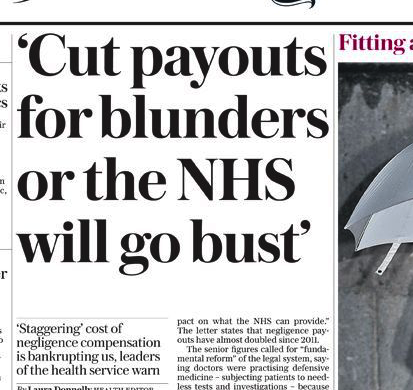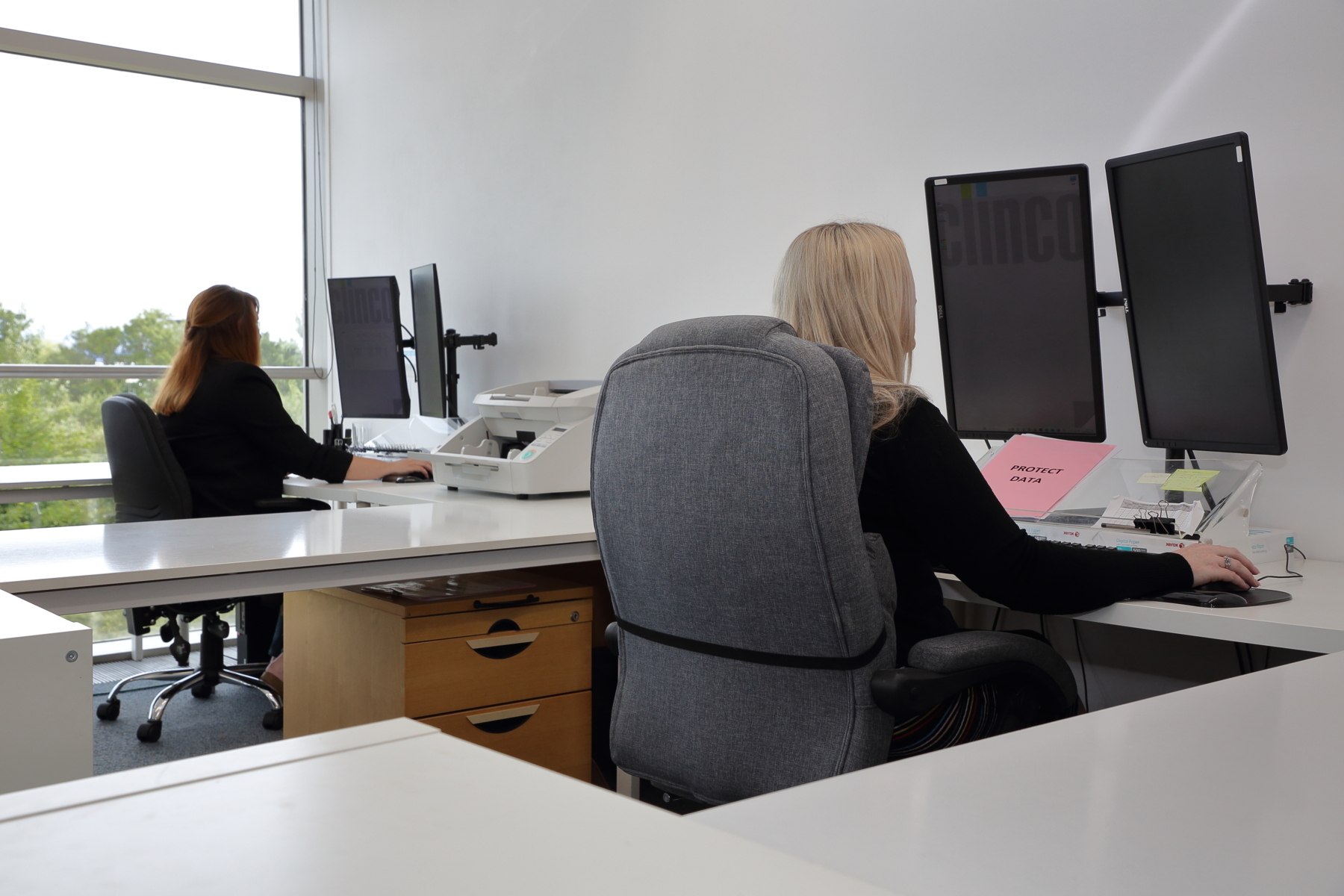A front page article published in the Telegraph last week used very emotive language when discussing the costs of clinical negligence claims – the potential bankruptcy of the NHS, no less, by implication due to the greed of claimants and their lawyers. I think the article was about the recent changes to the discount rate but this wasn’t made clear or explored in any way. The drawing up of lines between the good and the bad, and portraying the injured patient as the enemy of the NHS, is extremely unhelpful. Those of us who have practised in clinical negligence have seen countless injured patients who do not want money – they want to prevent a similar event happening to someone else, and feel the legal process is the only way to get true accountability. Others are seeking recompense on behalf of a child who may need costly care well into the future, beyond the ability of the family to provide. Others do require compensation for themselves – and why should they not be compensated? They have by definition suffered avoidable harm as a result of a mistake which should never have occurred. This test is strictly applied and assessed not by the patient, nor even the lawyer, but by medical experts in the same specialty and ultimately, if necessary, the court. The claimant may need that compensation to achieve even a degree of his or her former independence or quality of life.
Ask any claimant – he or she would always prefer not to have been injured than to go through the legal process, even successfully. Ask any decent clinical negligence lawyer – he or she would also rather avoidable injuries did not occur.
It is simplistic and dangerous to say that these claims are costing too much and should be shut down. The right approach would be to address the root causes to reduce the numbers of preventable medical accidents, and to be proactive about compensating avoidably injured patients promptly and fairly.











